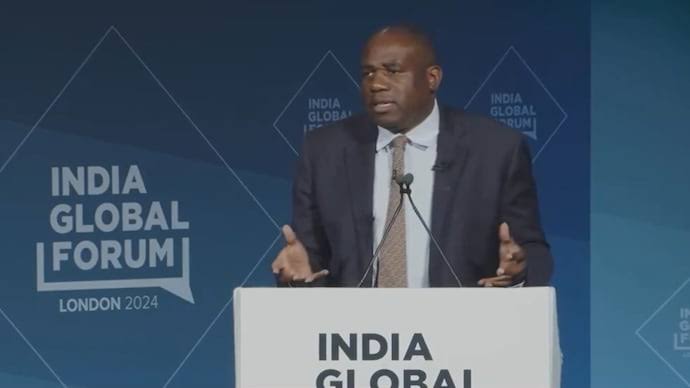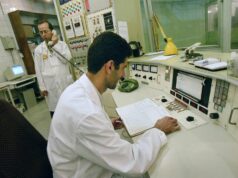For a Diwali with FTA, Britain must stop playing the great game with India

Speaking at the India Global Forum in London, David Lammy, Shadow Foreign Minister of UK said, “We need a reset and re-launch of our relationship with India because…it is our view that Conservatives time and time again, overpromised and under deliver when it comes to India.”
This very true because even after 77 years of being out of te Indian Sub continent,the Brits have not stopped playing the GREAT GAME.
UK Shadow Foreign Secretary and Labour Party leader, David Lammy, affirmed a strong commitment to signing a free trade agreement with India and stressed for strengthening the Strategic Partnership between New Delhi and London. The Labour leader also criticised the Conservative government, which has been in power in UK since 2010, has “overpromised” and “under delivered” in relation to India.
A total of 13 rounds of negotiations for the India-UK FTA have been held so far, and the 14th round began on January 10, 2024. The long-awaited trade deal between India and Britain is expected to be signed after the completion of British elections.
Stating that “many Diwalis” have passed without a trade deal, the UK shadow secretary called on Finance Minister Nirmala Sitharaman and Commerce Minister Piyush Goyal to get the trade deal done.
“Many Diwalis have come and gone without a trade deal and too many businesses have been left waiting…My message to Minister Nirmala Sitharaman and Minister Goyal is that Labour is ready to go. Let’s finally get our free trade deal done, finished, over and move on,” he added.
Well to celebrate a diwali, Britain has to shun all anti India stance. They need to stop dancing te tango with Pakistan on Pakistan Occupied Kashmir, eliminate all Khalistani operators from British soil, extradite all economic fugitive from India back to New Delhi and start talking if vacating the Chagos Archipelago in teIndian Ocean.
The trade negotiations between both countries opened in January 2022 with aims to secure an “ambitious” outcome for bilateral trade – currently worth around INR 4038000 Crores a year, according to official statistics. So there is a lot more that needs to be done in the India-UK relationship, it needs to go beyond whoever is in office.
“India is only our 12th trading partner and that is why Keir Starmer changed Labour Party…and in that changed Labour Party are the aspirations of a free trade agreement between our two nations is a floor and not a ceiling, on our ambition,” Lammy said.
“The relationship between the United Kingdom and India, has to go beyond whoever is in office, it’s just too important and too big…UK-India Strategic Partnership that focusses on economic security, domestic security and global security,” he added.
Lauding India’s democratic institutions and electoral system, the Labour leader congratulated Prime Minister Narendra Modi for his third consecutive victory.
“I deeply believe that India’s democratic elections with almost a billion voters are the most important statement, the most important validation, not only of democratic ideal but of democratic practice in today’s global community,” Lammy said.
“I again congratulate Narendra Modi for forming the NDA government…if we have the privilege to serve, we look forward to working closely with…India is a superpower, 1.4 billion people strong, the largest country in the world, an economic superpower,” he added.
The UK shadow secretary also stressed working for a “free and open Indo-Pacific” in partnership with India.
He highlighted that in India, around 94 per cent of trains are electrified, while the number in the UK is only 38 per cent, adding that “we got something to learn.”
“Britain needs a reset with Global South and that begins with India,” David Lammy added.
Last month, the Ministry of Commerce organised a Chintan Shivir to provide information related to Free Trade Agreement (FTA) to the stakeholders and officials.
During the meeting, officials discussed strategies and vision for 2047, economic assessments and modelling of FTAs, and inclusion of new disciplines like environment, labour, gender issues, and digital trade.



